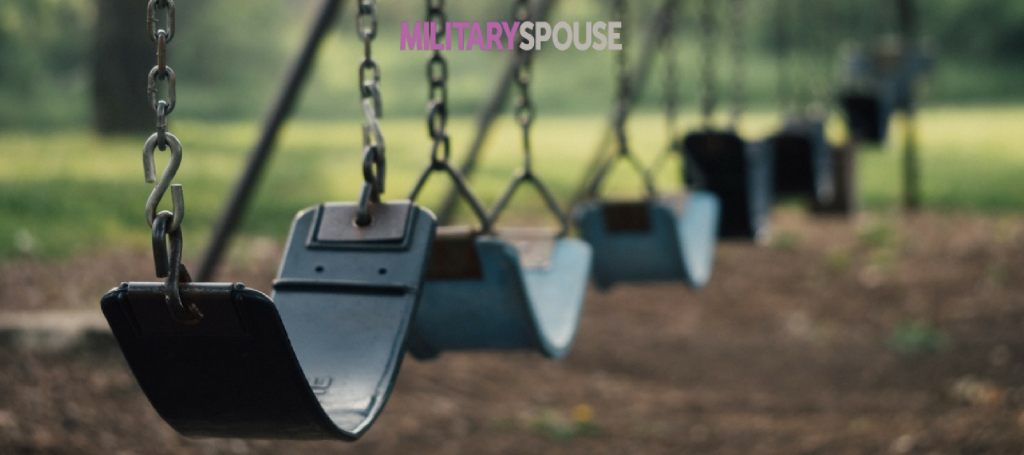Recently one of our MilitaryHomeschoolers group lamented public schools cutting out creative arts programs and questioned how to include it now they had moved on to home:
“Now that I’m homeschooling I’m struggling to figure out what approach is effective for teaching these to my elementary age kids. Any ideas? (Looking for art history, techniques, music, drama, etc.)”
Despite their proven worth, creative arts programs are too often viewed by traditional schools as expendable. We don’t need to repeat this mistake at home! Exposing our kids to a variety of creative arts allows them to tap their brain’s full potential.
Here are a few ideas submitted by our members:
Meg F. shared:
“One of my favorite things was to find a connection between art and math. This is awesome for teaching shapes, perspective, resizing things, translation, and relative space. One artist I love to highlight for math is Picasso. I would show my students some examples of his work/a short video bio, we would discuss the shapes we saw and how he used shapes to express himself. Then they would create a shape-based piece of artwork.
Another great idea to connect history/art is to correlate whatever you are studying in history with famous art of the same period or of art created later to show historic events. One great example is the iconic image of the Pilgrims landing on Plymouth Rock. The scene likely didn’t play out quite like in the painting, but discussing the differences in reality/art helps students to delve more deeply into the intent and background of the artist.”
Chrissy R. recommended:
“Laurence Anholt is an author who has written several picture books about different artists. I found many of them at our local library and a few others on Amazon. He also has this great activity book that correlates to the stories. My kids have loved them!”
Jenn D. offered:
“Tap local events – many for free or discounted for military families! Things like symphony in the park or classes at a local art museum may be available to you.”
Rachale K. included:
“Travel back in time by contacting local historical sites to see when they may be hosting special events. Don’t just go – but allow the kids to become immersed in the process by volunteering to be a part! Maybe you’ll have a small part in a theatrical production or be in charge of demonstrating how to learn to play an old-timey instrument.”
Charlotte S. reminded:
“Breed familiarity. Expose your kids to classical music often. We keep it on in the background while doing lessons. We watch ballet or theatrical productions online. (Can’t wait to see Hamilton!)
Katherine O. encouraged:
“Maintain creativity boxes for the kids. One for arts and crafts… another with a variety of costume bits and pieces. Put on some music and learn dances through different periods of history. (Trust me – these results can be hilarious AND bonus points for knocking out your required exercise for the day!”
Ultimately, there was an overwhelming consensus the creative arts are far too valuable to ignore. While it does take some initial effort, the results of improved creativity, brain power, attentiveness to details and so much more make it a worthwhile investment for your child’s future!
How do you include creative arts in your homeschool?


